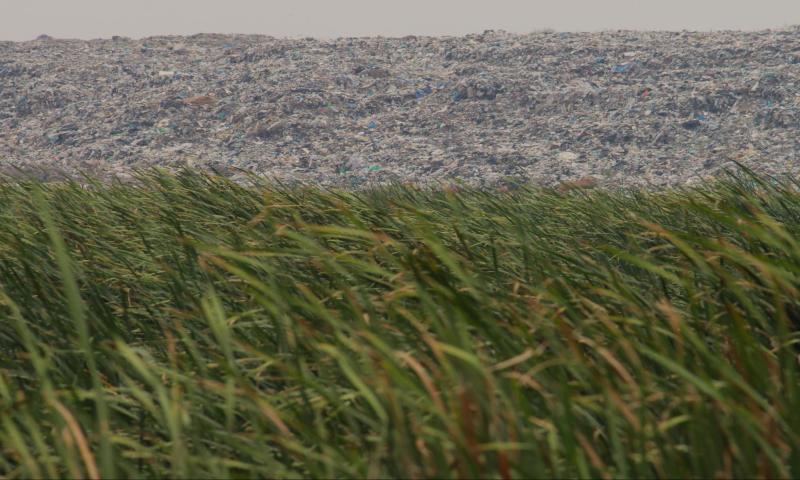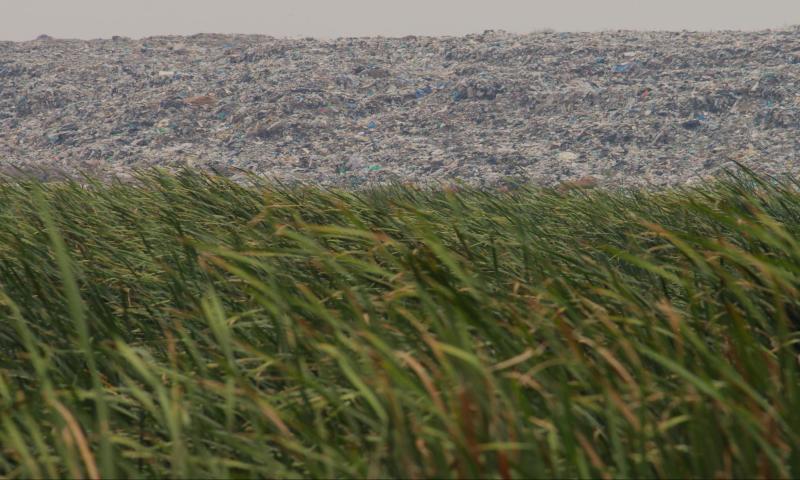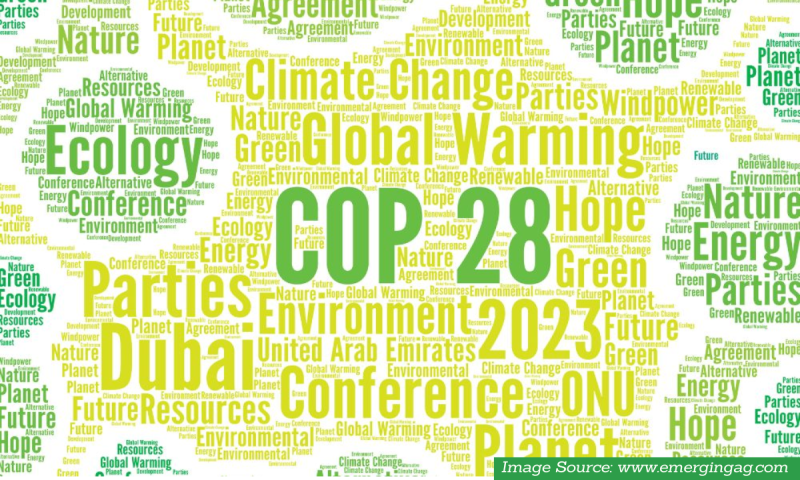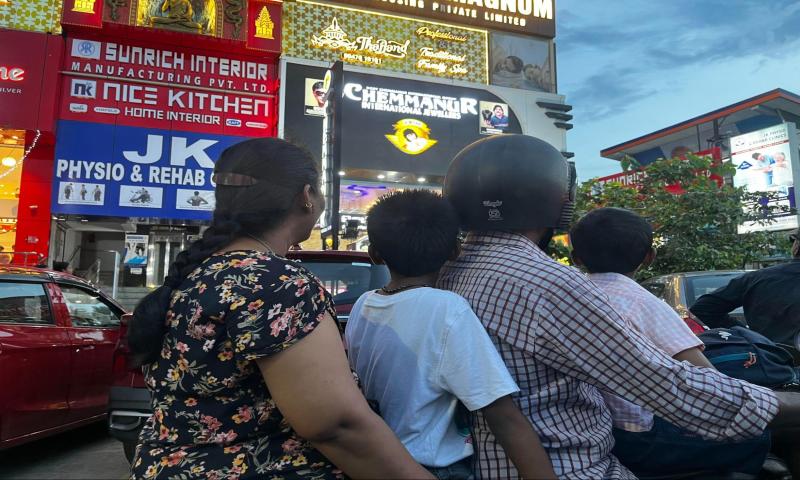Consumer-Centricity: An introduction to access to information within the electricity sector (Part 1)
Any organisation that constantly interacts with its customers to ensure a steady source of revenue, requires a customer-centric approach. This necessitates putting the customer at the centre of all their decisions related to delivering products, services and experiences.







